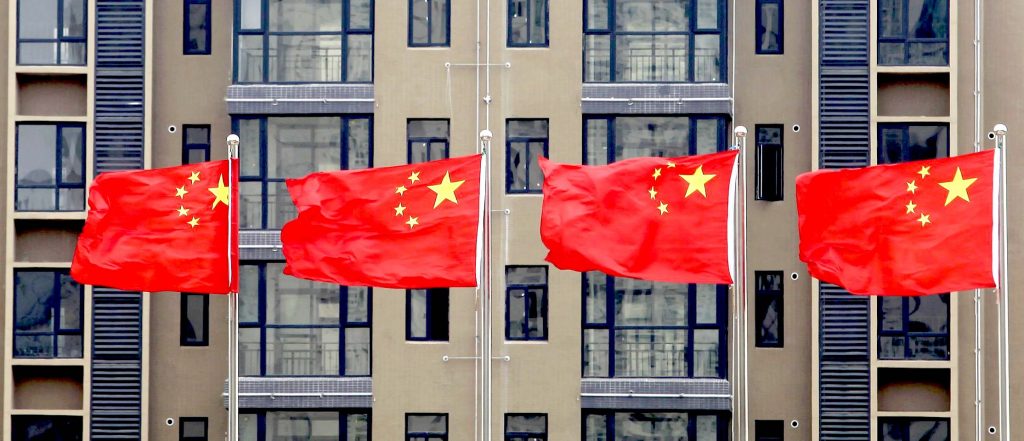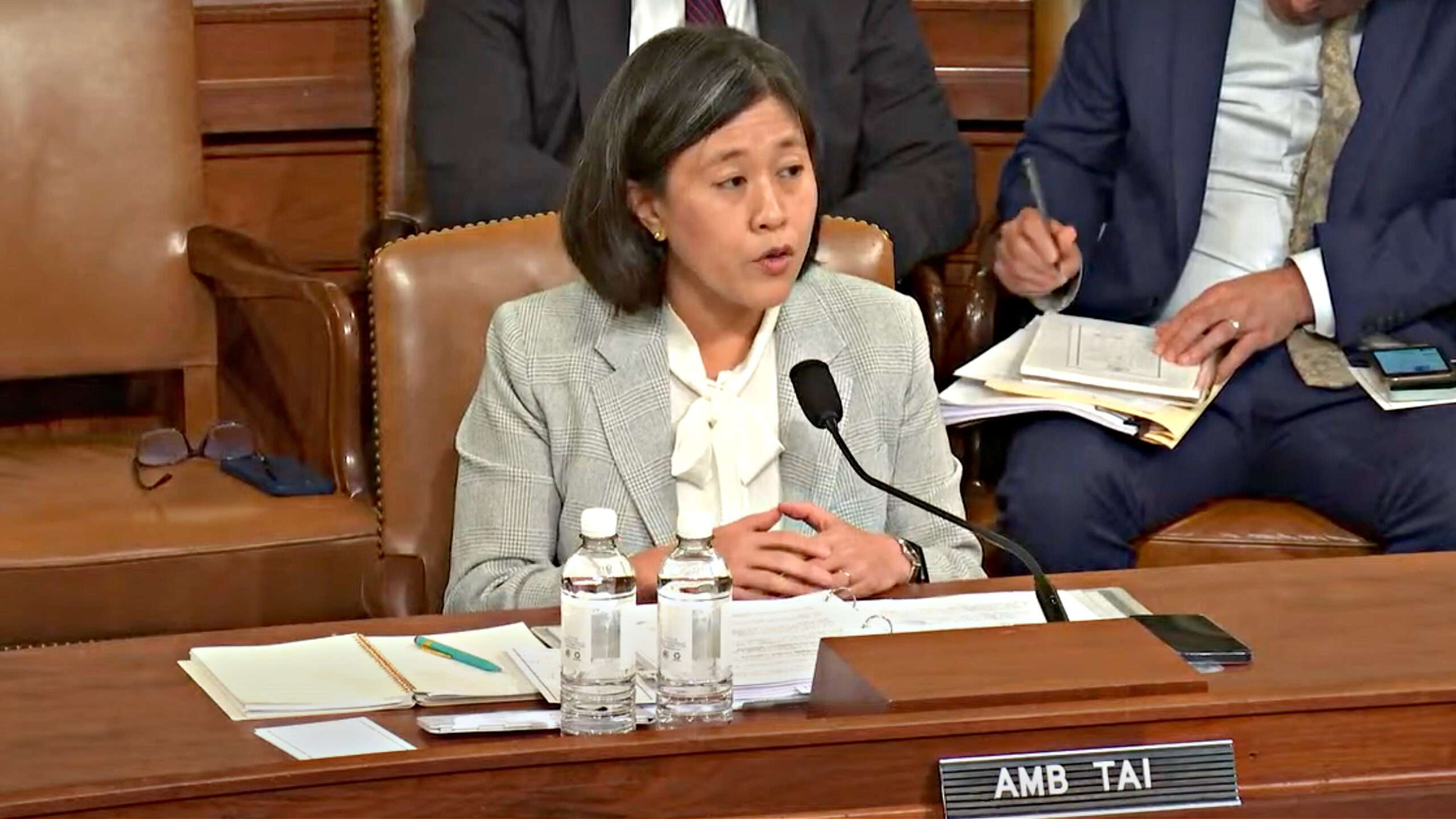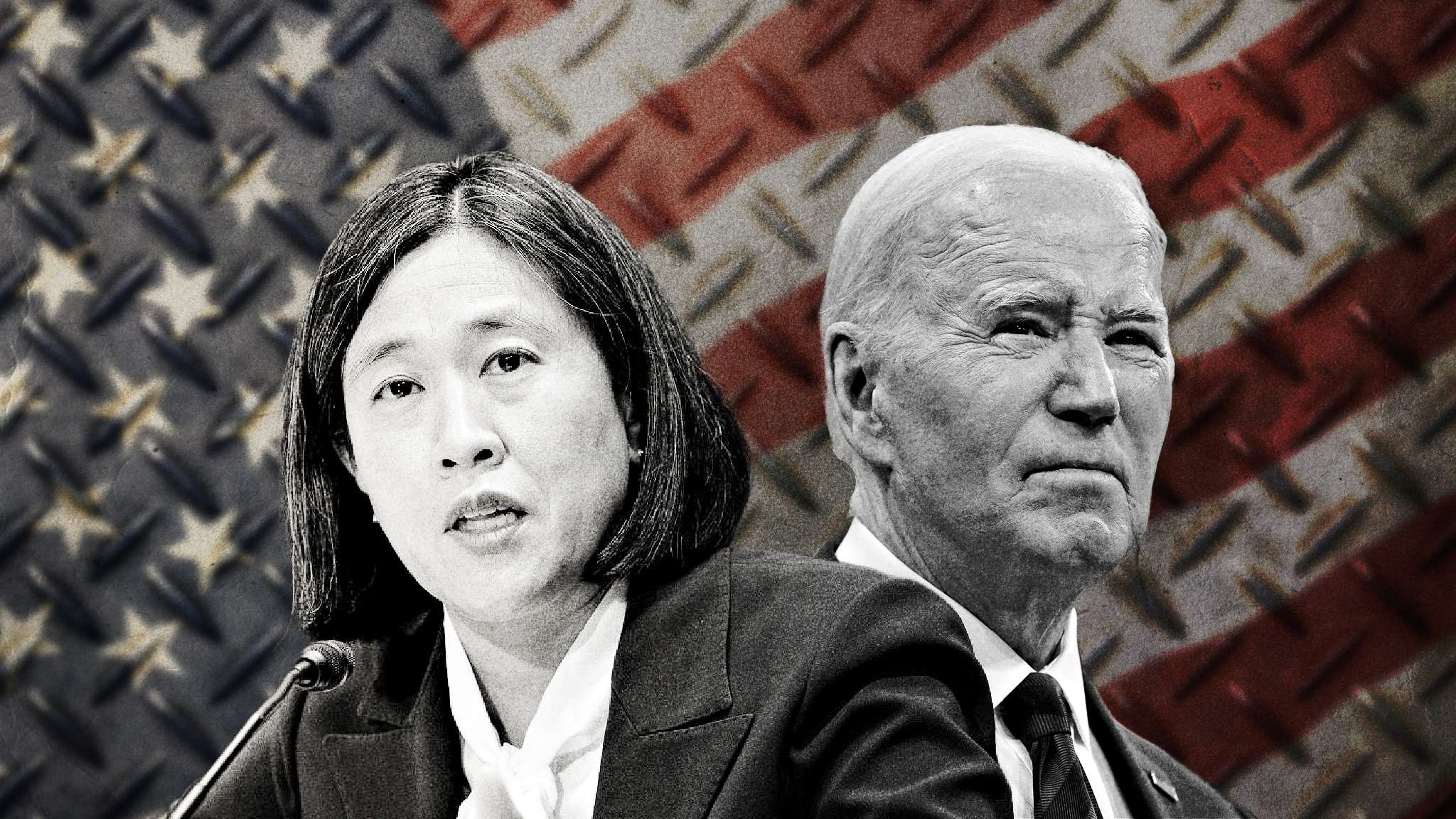About 70 per cent of foreign-funded firms in China have set up Communist Party branches, an official said on Thursday, as the party extends and strengthens its presence and control over all sectors of society.
[Nectar Gan and Frank Tang | October 23, 2017 | South China Morning Post]
As of the end of last year, 106,000 companies receiving foreign investment in China had set up party units, according to Qi Yu, the deputy head of the party’s Central Organisation Department.
The latest figure has more than doubled since 2011, when 47,000 foreign-invested companies doing business in China had established party organisations.
The phone makers Samsung and Nokia told Reuters in August they had party units in their China operations.
The latest figure comes amid greater efforts to increase the number of party branches in all enterprises since the last party congress five years ago when President Xi Jinping came to power, Qi told a media briefing on Thursday.
Party branches had been set up in 67.9 per cent of the country’s 2.73 million private enterprises by the end of last year. That equates to a 30 percentage point rise, according to the government.
Xi has tried to increase the role of the party in all aspects of life in China since taking office and he pledged to continue this process during his speech on Wednesday at the opening of its five-yearly congress in Beijing.
Xi has also tried to expand the party’s presence in areas where it has previously had a limited role, such as in private and foreign joint-venture companies and the boards of listed firms.
Qi dismissed some foreign businesses’ concerns that the party’s growing presence in their companies could affect their operations.
He said party branches could aid foreign companies’ business and development by helping them better understand government policies and by guiding them in obeying the country’s laws and regulations.
“Setting up grass-roots party organisations in companies in China has always been a common practice and is in accordance with China’s laws and regulations,” Qi said.
He added that many foreign joint ventures and firms “highly approved of” the party presence in their companies.
“Some senior executives at foreign-invested companies say party organisations can help them understand China’s policies in a timely manner, resolve labour disputes and provide positive energy for their companies’ development. The majority of them welcome and support party organisations carrying out activities in their companies,” Qi said.
But analysts said foreign companies were concerned about the role of the branches.
“We should have no concern on party members, but party organisations that form an impact on the structure of companies,” said Lester Ross, a managing partner of WilmerHale, a US law firm representing the interests of many foreign businesses.
“The key question is, what does the party organisation do? If it has a voice in term of governance, then there will be a problem.”
Under China’s company law, firms should set up party branches according to the requirements of the party charter, which demands grass-roots cells be set up – including in companies and schools – if there are at least three party members in an organisation.
Ross said the move reflected a long-standing principle that the party must lead everything in China and also its fear that people working in foreign companies are “harder to keep track of, harder to monitor and harder to organise”.
It was a continuation of a push for trade unions that was not very successful, he said, because “they did not serve the workers’ interests”.
The party had in recent years put great emphasis on addressing the “weakening, watering down, hollowing out and marginalisation” of party leadership and party building in state-owned companies, Qi said.
About 147,000 state-owned enterprises, 93.2 per cent, had established party organisations by the end of last year.













